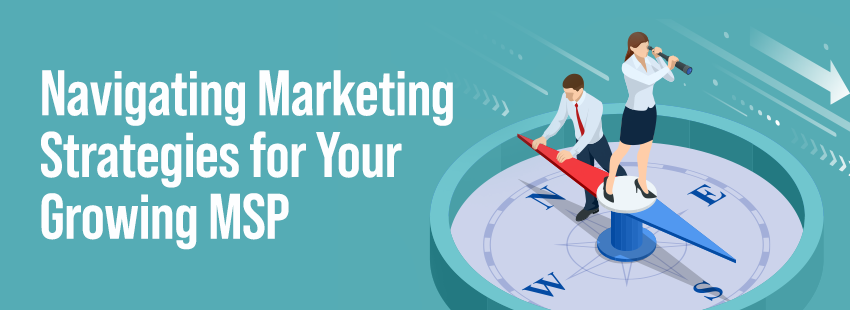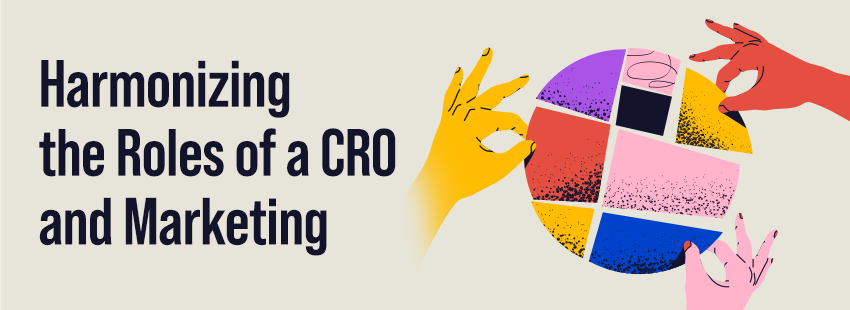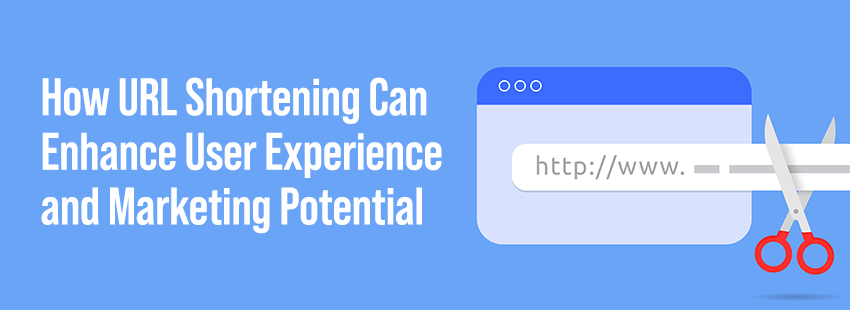5 Ways Your On-Site SEO Might Be Hurting Your Business
Your website might not be living up to its full potential. It might look great, have an exciting blog, and helpful information that you spent time crafting or hired a professional. But have you taken care of your on-site SEO? Without the right search engine optimization, your perfect website might be missing out on valuable traffic. Tackling on-site SEO with these practices will help your site reach the potential customers you’re looking for. Take a look at your site and see if you have any of these five SEO problems that might be harming your site.
- Missing Title Tags & Image Alt Tags
Every page on your site needs to be properly labeled so search engines and people can find what they need. A title tag is an HTML element that specifies the title of a web page. Most importantly, they are used on search engine results pages as the clickable headline. Crafting the right title tags is important for usability, SEO, and social sharing.
Each page needs a unique title and description, which serves as an accurate and informative description of the content of the page. This is also a good place to incorporate any SEO keywords you’re targeting.
Every image on those pages also needs to have an alt tag. You can find this entry when you upload the image or edit it. Alt tags provide textual descriptions of images, which makes it possible for search engines to categorize them (as well as visually-impaired visitors). The tag is another place to fit in the keyword for your site as well.
- No Keyword Optimization
Your website needs to be optimized for the specific keywords that users are searching for. Recognize that some words, like “computer help,” are going to be impossible to rank highly for. Put your focus on finding niche phrases that describe your services, location, or other specifics. Use keyword tools and competitive research to identify phrases that consumers are actually using to find services like yours. Choose a few closely related keywords to target for each page, and scatter it throughout that page or blog (about 2-3% keyword density is a good goal).
If some pages are already ranking for keywords, see if you can double-down on that keyword and incorporate it more so you can rank higher. If you don’t use keyword focus for your blogs and site pages, search engines will have trouble understanding what exactly the content is about, so it won’t appear high in the results.
- Broken Links
Broken links within your site can cause major SEO problems. You might have a few scattered about, but as your site grows, you might have more 404 pages popping up. If a user sees a 404 page instead of the useful information they wanted, it causes a traffic dropdown. Also, users will perceive your site as low quality.
Lots of broken links will also cause search engines to spend time indexing your broken pages, instead of your quality pages. Too many broken links can lower your ranking and decrease the number of pages in search engine results.
- Low Word Count
While Google hasn’t listed an official minimum for page word count, they are known to rank content with more depth higher. This doesn’t mean you should fill your pages with fluff, but consider if you could go further in your descriptions of your services or blogs. Plus, the more text you have, the more opportunities you have to include keywords, images, infographics, and other useful content for your users and search engines.
- Slow Load Speed
You’ve probably done it yourself- gone to a page, realized it is taking a long time to load, and then left the website. You don’t want this to happen to your business. Slow pages cause customers to leave, and also means search engines can’t crawl as many pages using their allocated crawl budget.
A few reasons your site might be slow include:
Your host: Cheap hosting offers are attractive but can slow your pages down.
Your images are too big: Aim to keep your images under 100kB and make sure they are progressive in order to keep your load times down.
Externally embedded video: Video is essential nowadays for any marketing strategy, but embedding your videos on sites like YouTube can slow you down. Sometimes this is necessary, but if you can, host them on your own server.
Inefficient code: If your HTML/CSS is not efficient or too dense, it will lower your page speed.
Equilibrium Consulting has an organic SEO program that can help with all these items, give us a call at 843.712.7129 to discuss your website and SEO needs.




